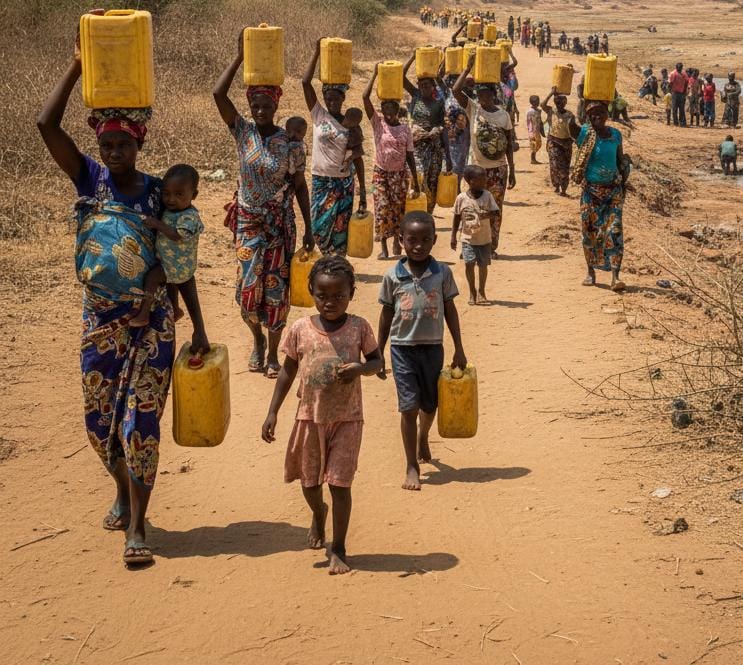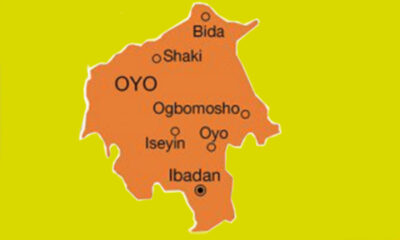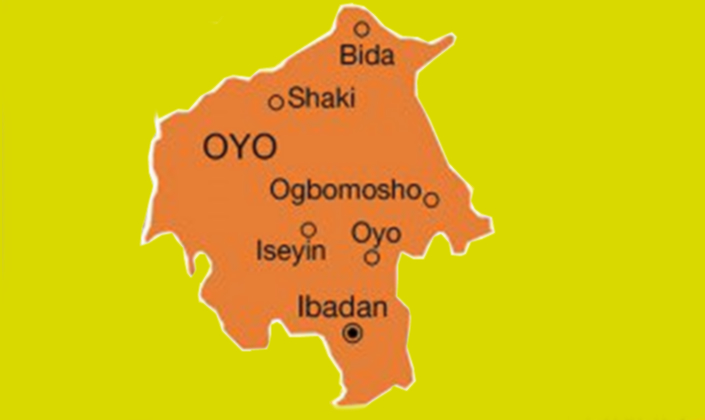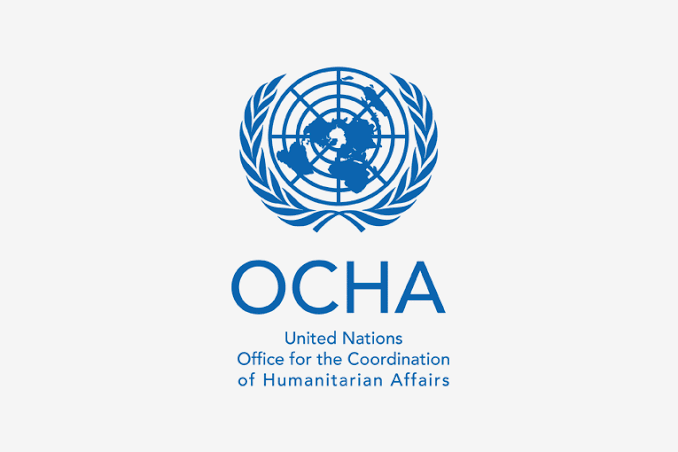FCT News
Over 5000 Riwaza women, children walk miles for dirty water as government spends billions on luxury projects

In Riwaza, a small community in Ashara ward of Kwali Area Council, Federal Capital Territory, life is a daily struggle for survival.
More than 5,000 women and children are forced to trek long distances to dig shallow wells in search of water from a contaminated stream.
While gleaming government buildings and luxury projects rise in Abuja, Riwaza’s only stream dries up completely during the dry season.
Residents are left with no choice but to fetch unsafe, muddy water. The result is widespread typhoid, cholera, and other waterborne diseases that rob children of health, education, and hope.
“My wife and children walk so far to get water,” said lifelong resident Solomon Amos. “Sometimes, they come back with little, and it is not clean. Even when we boil it, we still fall sick. Our children miss school because of illness or because they have to fetch water. It is a very hard life for us here.”
This crisis persists despite the federal government allocating N48.1 billion for water projects nationwide. Instead, billions are being channelled into non-essential projects, including N4.5 billion for the Nigeria Cultural Centre and Millennium Tower, and N4 billion for a new Vice President’s residence.
Civic tech platform Monitng has strongly condemned this neglect, calling it a failure of priorities. “Clean water is a right, not a privilege!” the group declared, urging the FCT Water Board and other relevant agencies to act immediately.
“Enough of empty promises,” Monitng said in a statement. “Redirect funds from luxury projects to life-saving boreholes for Riwaza and other neglected communities. Residents deserve better.”
For the people of Riwaza, clean water is more than just a need—it is about dignity, health, and a future for their children. The question is whether government will finally put people before prestige and deliver life-saving water to communities in need.
By Adebola Oladosu
-

 News37 minutes ago
News37 minutes agoOpposition Reps raise alarm over alleged non-implementation of 2025 budget
-

 Business34 minutes ago
Business34 minutes agoCurrency outside Banks rises 10.2% as money supply expands
-

 World News28 minutes ago
World News28 minutes agoNigeria’s exports to Africa hits N4.82trn
-

 National News25 minutes ago
National News25 minutes agoClean Energy key to survival, healthy living — Remi Tinubu
-

 Metro20 minutes ago
Metro20 minutes agoPolice Inspector killed as officers rescue kidnap victim in Oyo


















